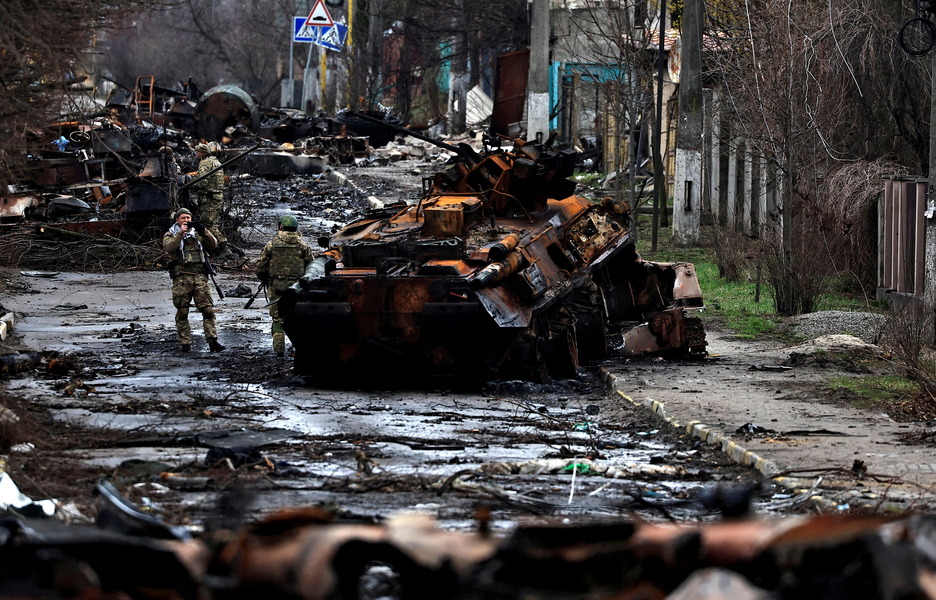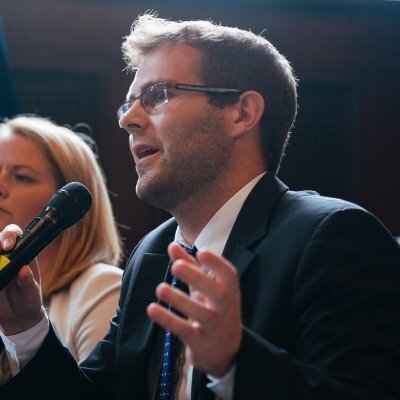Introduction: The Russo-Ukrainian War as a Site of Global Memory Contestation

Published by The Lawfare Institute
in Cooperation With

Russia’s full-scale invasion of Ukraine in 2022 has brought to the fore contested memories of the past. These narrative struggles have real-world impacts. In particular, divergent memories of the Second World War, Cold War, and the Soviet Union have shaped global responses to the invasion, ranging from voting patterns before the UN General Assembly to litigation before the International Court of Justice (ICJ). This series focuses on how scholars, the media, governments, international organizations, and other actors narrate the Russo-Ukrainian war’s origins, justifications, and consequences, and what those different interpretations reveal about how deeply ingrained collective memories shape contemporary events.
Two essays by University of Copenhagen Associate Professor Iryna Marchuk and Polish Academy of Sciences PhD candidate Anastasiia Vorobiova focus on the war’s regional context in East-Central Europe, and how contested regional memories of oppression have shaped proceedings before the ICJ. Contested memories of Second World War victimhood, Ukrainian self-determination, Soviet liberation and Russian imperialism have featured prominently in these proceedings, notably in Ukraine’s complaint against Russia alleging pretextual claims of genocide and a separate case of discriminatory practices against Tatars and Ukrainians in Crimea. Meanwhile, Russian President Vladimir Putin has invoked the supposed unity of Russians and Ukrainians to argue for a redrawing of borders in Eastern Europe and to justify using force on Ukrainian territory.
Contestation over Eastern European memory has a wider global dimension as well. Ukrainians and many peoples from the former Soviet space interpret Russia’s invasion as imperial and colonial expansion by a revanchist hegemon who never accepted the collapse of the 20th century’s “last empire.” However, some Global South actors still view Russian actions on the global stage through an anti-imperialist and anti-colonial lens, echoing the Soviet Union’s struggle against Western powers during the Cold War. While the latter perspective effaces the Soviets’ subjugation of peoples across Eastern Europe and central Asia, Eastern Europeans’ insufficient knowledge of Western rule across the Global South generates misunderstandings and missed opportunities in their mutual relations. Drawing on a cross-disciplinary perspective, three essays by Georgia Gwinnett College/Vilnius University Professor of Political Science Dovilė Budrytė, Central European University Assistant Professor Patryk I. Labuda, and Brazilian War College Associate Professor Erica Resende examine how conflicting memories shape different regional policies in response to the war.
In bringing these perspectives together, this series organized by the “Memocracy” project and funded by Volkswagen Stiftung aims to enhance knowledge of East-Central European history and build bridges between Eastern Europe and the Global South.
Beginning next week, Lawfare will publish essays in the series from the following contributors:
Dovilė Budrytė, Professor of Political Science, Georgia Gwinnett College/Vilnius University, and Violeta Davoliūtė, Professor, Vilnius University's Institute of Political Science and International Relations, “The Russia-Ukraine War and Historical Memory in the Global South(s)”
Iryna Marchuk, Associate Professor University of Copenhagen, “The Role of Eastern European History and Memory before the International Court of Justice”
Patryk I. Labuda, Assistant Professor, Central European University; Researcher, Polish Academy of Sciences, “Memory Wars at the United Nations after Russia’s 2022 Invasion of Ukraine”
Erica Resende, Associate Professor, Brazilian War College, ‘Contested Memories, Nostalgia, and the Social Construction of Central and Eastern Europe as a “‘Post-Soviet’ Space: A Post-Colonial Critique of Imperial Language”
Anastasiia Vorobiova, PhD Candidate, Polish Academy of Sciences, Institute of Law Studies, “Missing Histories in the ICJ’s Ukraine v. Russia Case”



.jpg?sfvrsn=5a43131e_9)

